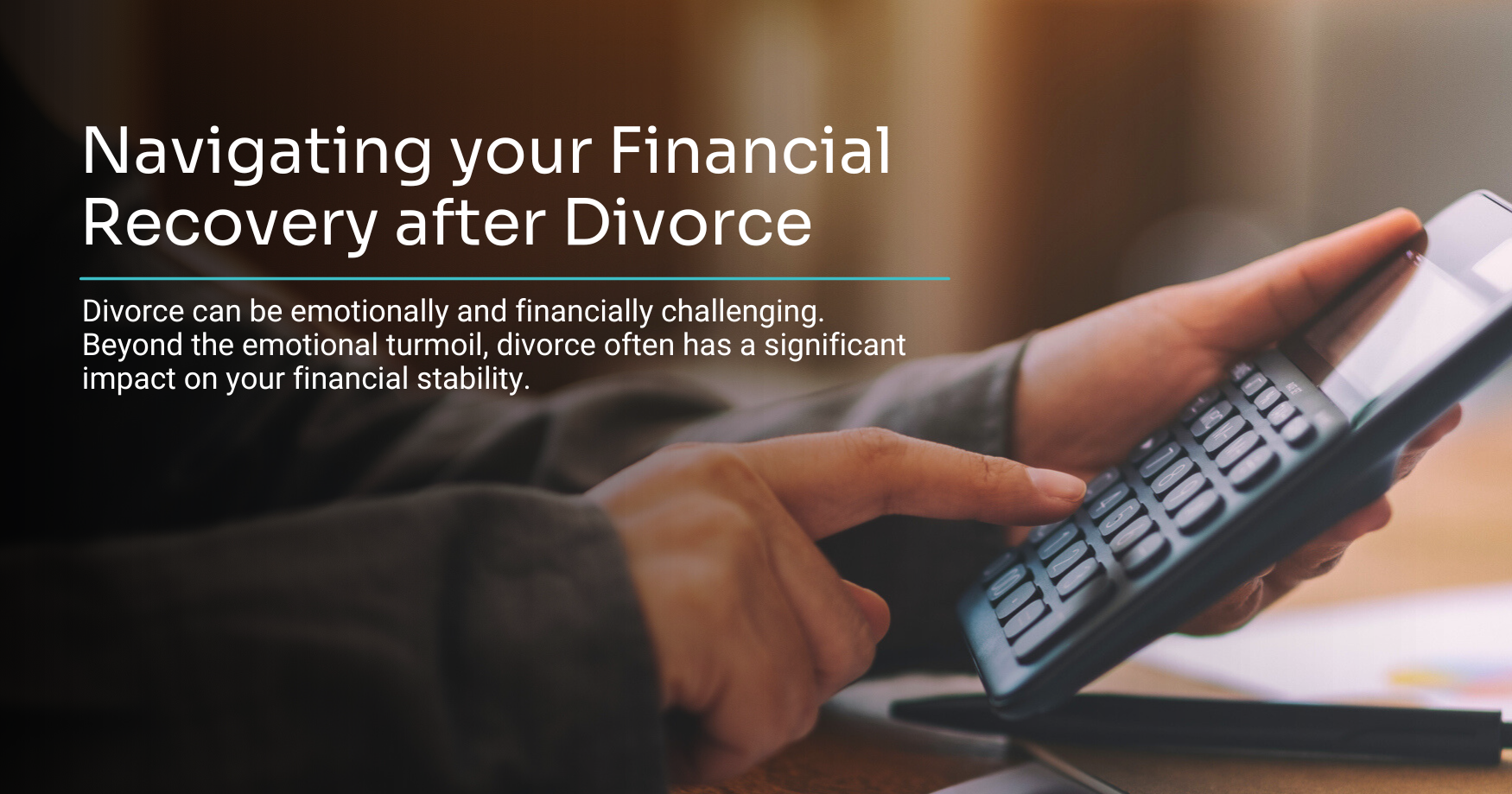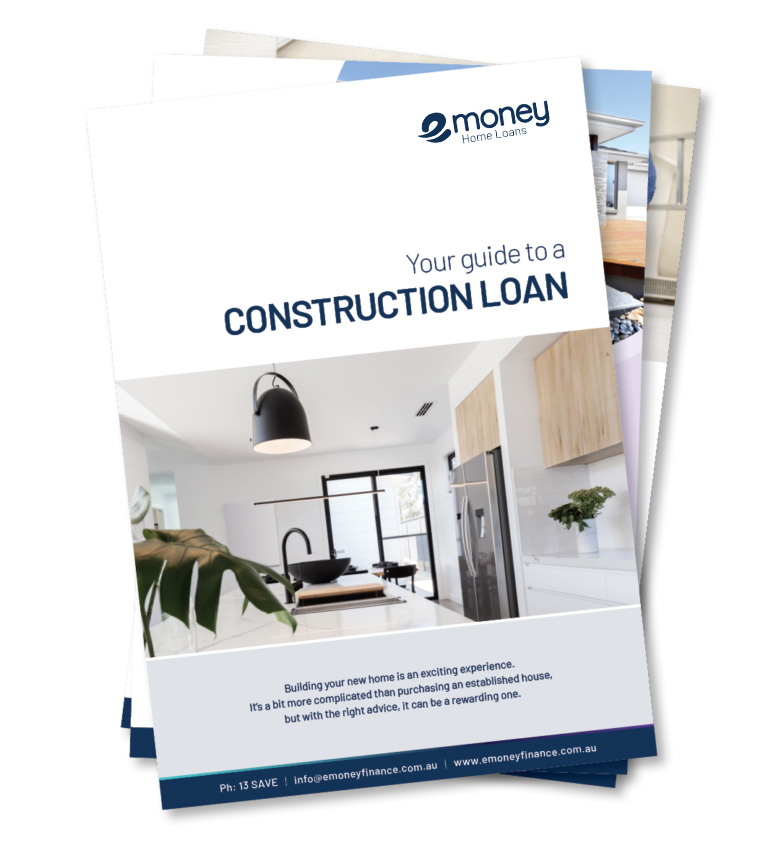
Divorce can be emotionally and financially challenging. Beyond the emotional turmoil, divorce often has a significant impact on your financial stability. This blog post, brought to you by emoney Home Loans, Australia’s leading home loan lender with over 26 years of experience, aims to shed light on the negative financial impacts of divorce and provide comprehensive recovery roadmaps for individuals facing this challenging life transition.
The Negative Financial Impacts of Divorce
Divorce can have far-reaching financial consequences, affecting various aspects of your life. Here are some common financial challenges that individuals may encounter:
- Legal Costs: Divorce proceedings can be costly. Legal fees, court costs, and the expenses associated with reaching a settlement can quickly add up, straining your finances.
- Property Division: Splitting assets, including the family home, investments, and other shared property, can result in financial losses for both parties. It’s essential to be prepared for the potential need to sell or divide valuable assets.
- Alimony and Child Support: Depending on the circumstances, one spouse may be required to pay alimony or child support. These ongoing financial obligations can significantly impact your budget.
- Reduced Income: Transitioning from a dual-income household to a single-income household can lead to a substantial drop in income, making it challenging to maintain the same standard of living.
- Credit Score and Debt: Joint debts and loans can become a major concern. Late payments or defaults on shared debts can harm your credit score and financial stability.
- Retirement Savings: Divorce may necessitate the division of retirement accounts, potentially reducing your long-term financial security. Rebuilding your retirement savings becomes a priority.
- Housing and Relocation Costs: Finding a new place to live and covering relocation expenses can be financially draining. Additionally, mortgage or rent payments may increase if you’re no longer sharing the cost.
- Taxes: Changes in your marital status can affect your tax situation. Understanding the tax implications of divorce is crucial to avoid any unexpected financial burdens.
12-Month Financial Recovery Plan
Immediate Priorities:
- Legal Consultation: Seek legal advice to understand your rights, responsibilities, and potential financial settlements. Choose an experienced family lawyer to guide you through the process.
- Budgeting: Create a new budget based on your post-divorce financial situation. Ensure it covers essential expenses and allows for savings and debt management.
- Financial Accounts: Open individual bank accounts and credit cards, separating your finances from your ex-spouse’s. Review and update beneficiary designations on financial accounts and insurance policies.
- Debt Assessment: Assess and allocate shared debts fairly. Work on a plan to manage and repay them, avoiding any negative impacts on your credit score.
- Income Sources: Explore opportunities to increase your income, such as taking on additional work or negotiating a raise at your current job.
6-Month Goals:
- Property Division: Finalise the division of assets, ensuring that your share is consistent with the legal settlement. If necessary, sell or refinance shared property to secure your financial future.
- Alimony and Child Support: Ensure that alimony and child support arrangements are established and enforced correctly. Consult with a financial advisor to understand the tax implications of these payments.
- Emergency Fund: Start building or replenishing your emergency fund. Aim for at least three to six months’ worth of living expenses in a separate savings account.
- Retirement Contributions: Resume contributions to your retirement accounts, even if it’s a modest amount. Maximise your employer’s matching contributions if available.
2-Year Financial Recovery Plan
12-Month Review:
- Credit Repair: Check your credit report for inaccuracies and work on improving your credit score by making on-time payments and managing debts wisely.
- Long-Term Goals: Set long-term financial goals, such as homeownership, education for your children, or retirement. Adjust your budget to align with these objectives.
- Investing: Explore investment opportunities to grow your wealth. Consult with a financial advisor to develop an investment strategy that suits your risk tolerance and goals.
18-Month Milestones:
- Savings Strategy: Continue to build your emergency fund and start saving for specific financial goals, like a down payment on a home or your children’s education.
- Debt Reduction: Focus on paying down high-interest debts while maintaining a manageable level of debt. Consider debt consolidation options if needed.
- Financial Education: Invest in your financial knowledge by attending workshops or courses on topics like investing, taxes, and estate planning.
3-Year Financial Recovery Plan
24-Month Assessment:
- Retirement Planning: Reevaluate your retirement savings strategy. Maximise contributions to catch up on any missed opportunities for building a secure retirement nest egg.
- Estate Planning: Update your estate plan, including wills, trusts, and beneficiary designations, to reflect your current wishes and beneficiaries.
36-Month Vision:
- Financial Independence: Aim for financial independence by diversifying your income sources. Consider entrepreneurship, investments, or passive income streams.
- Debt Freedom: Continue reducing debt, with the ultimate goal of being debt-free. Redirect the money saved on interest towards investments or other financial goals.
- Review and Adjust: Regularly review your financial plan and make necessary adjustments based on changes in your life, such as remarriage, new children, or career advancements.
Conclusion
Divorce can be financially challenging, but with a well-structured recovery plan, you can regain control of your finances and build a stable and secure future. Remember that the process may differ based on your age and life stage, so choose the recovery strategies that best fit your circumstances.
At emoney Home Loans, we understand the importance of financial stability during and after a divorce. Our experienced team is here to help you explore mortgage and refinancing options, ensuring that your housing needs align with your financial goals. Contact us today to discuss how we can assist you in achieving financial recovery and homeownership success.
Disclaimer: Please note that the information provided in this article is for informational purposes only and should not be considered as financial advice. Every individual’s financial circumstances are unique, and it’s crucial to seek personalised advice from professionals before making any investment decisions.

First Home Buyer's Guide
Enter your email address for instant access to our handy First Home Buyer's ebook.

Construction Loan Guide
Building a new home. Find out about the construction loan process.

